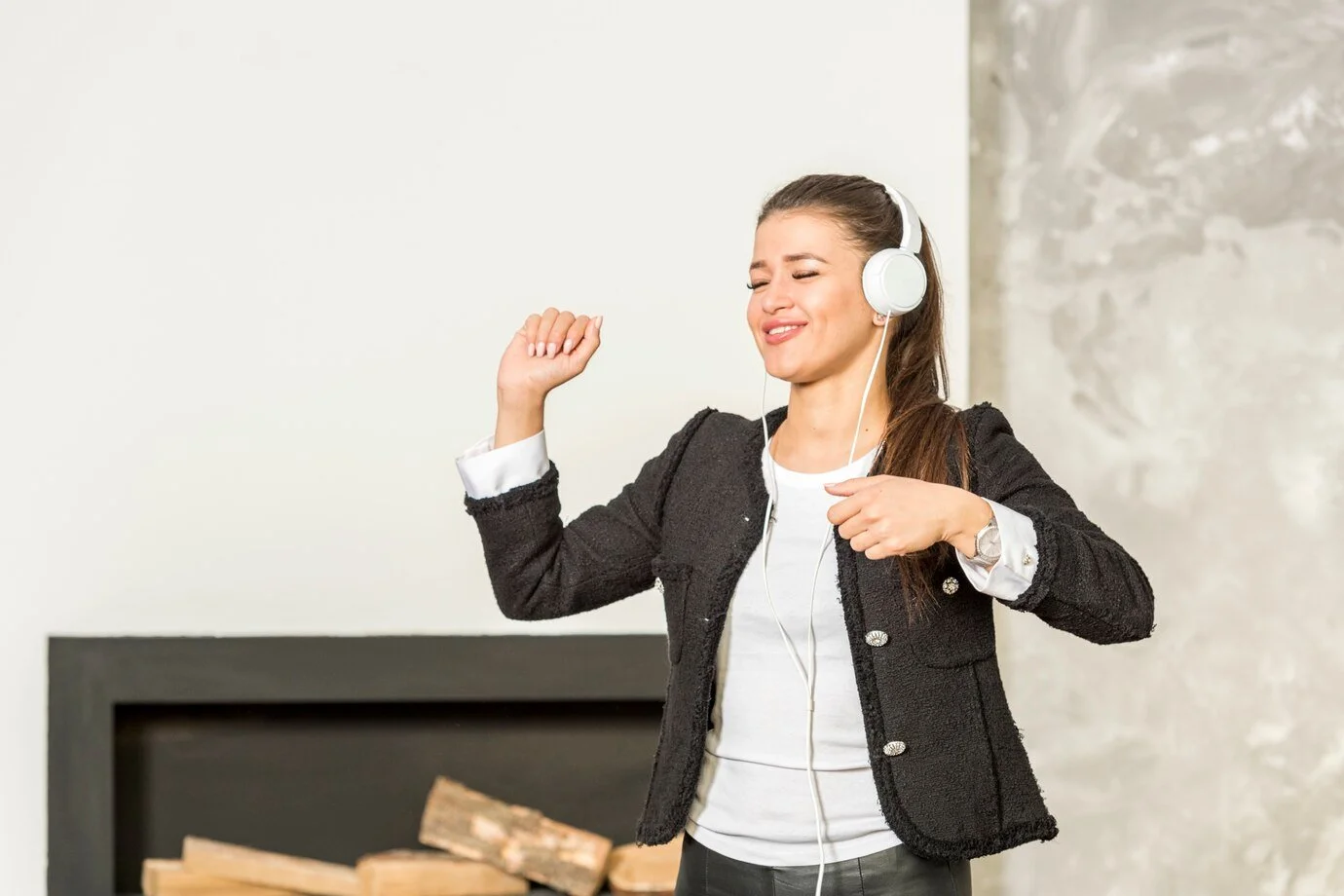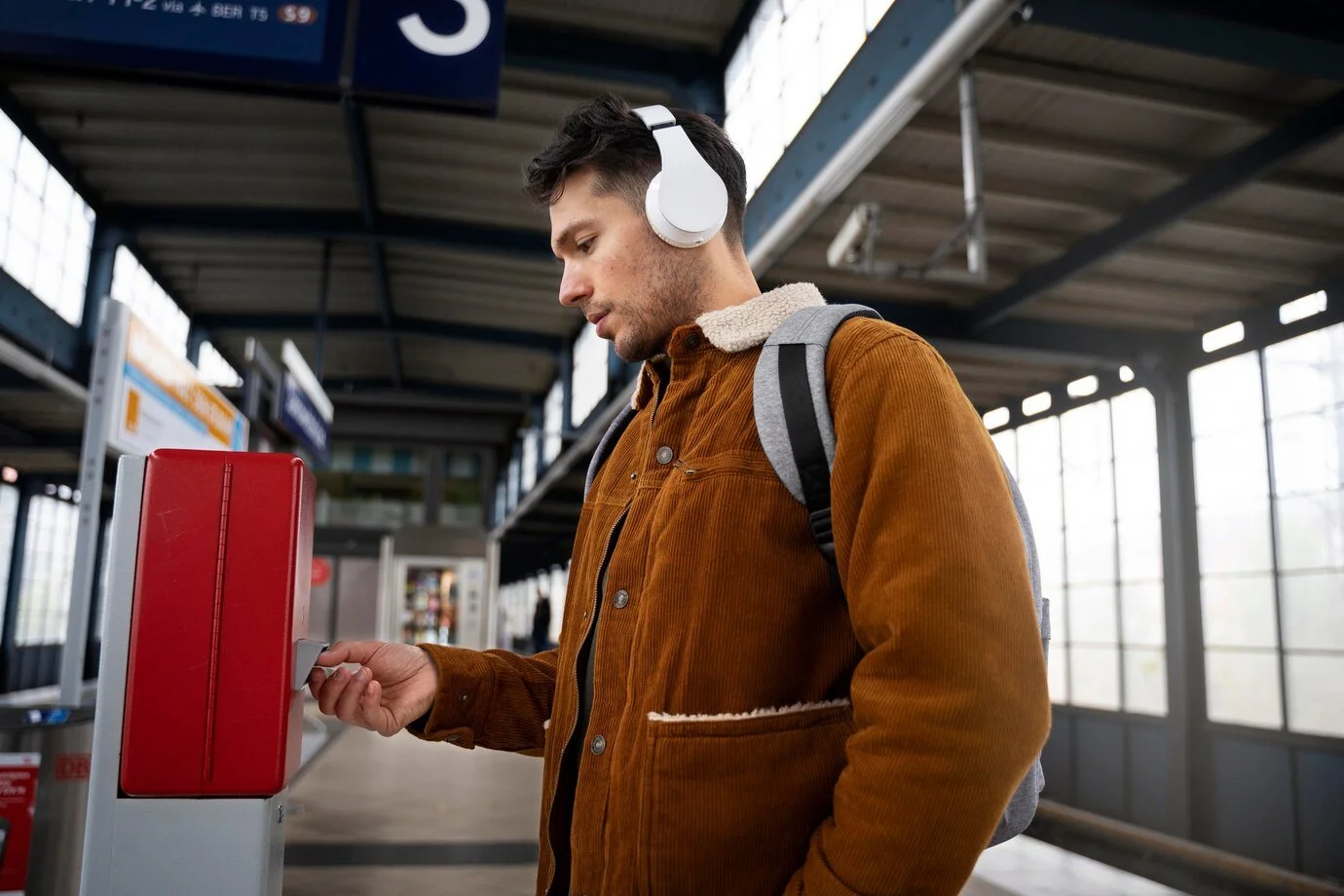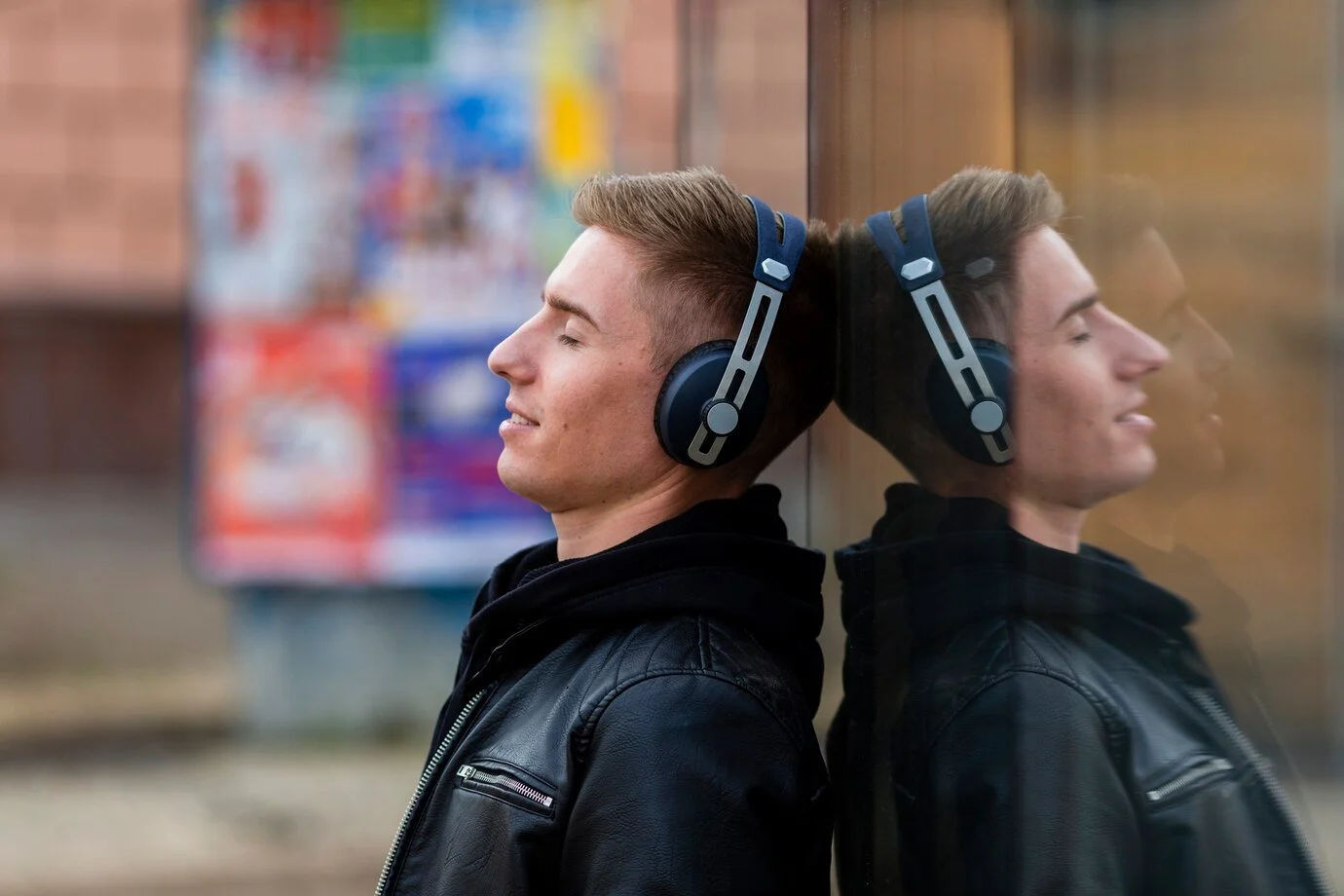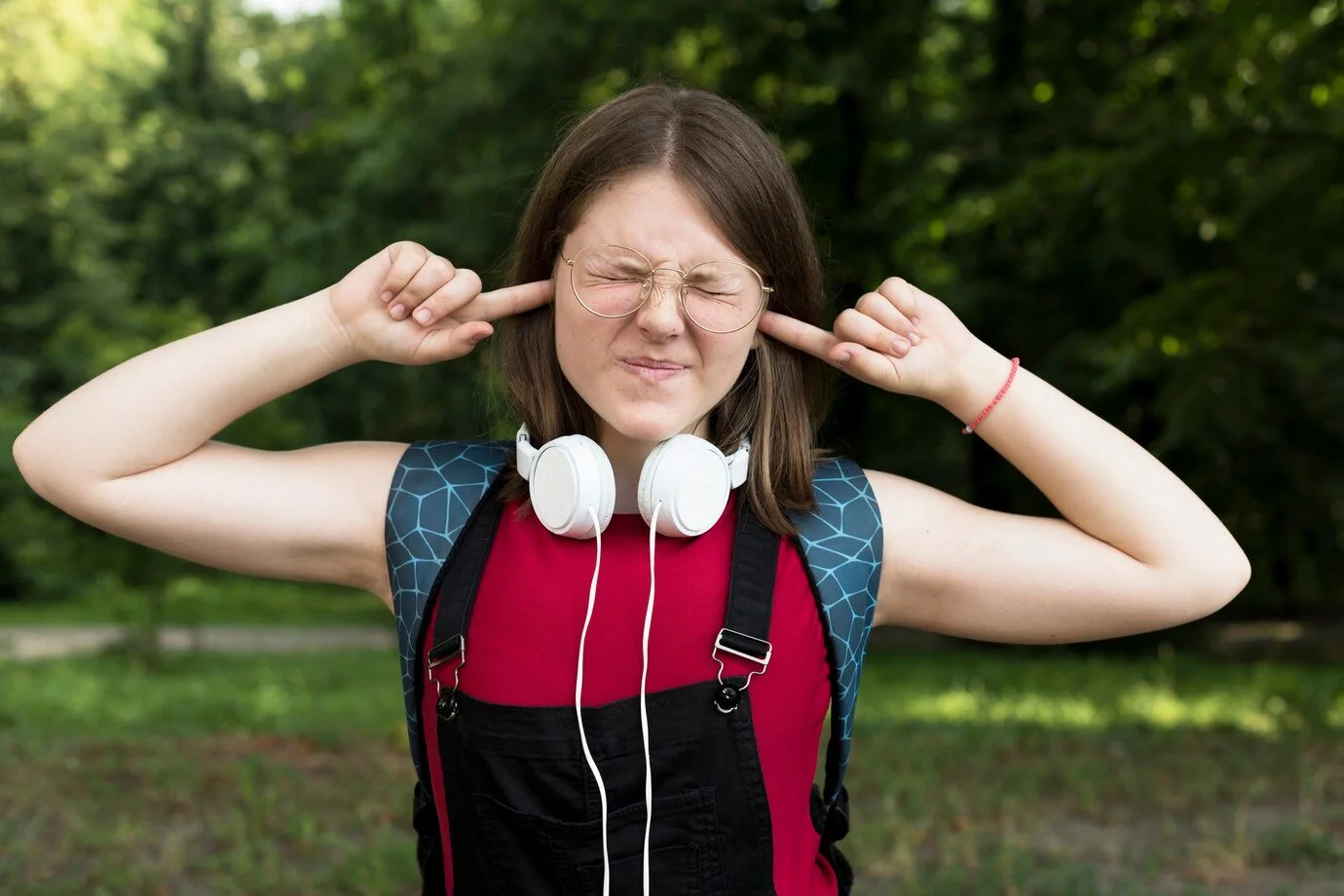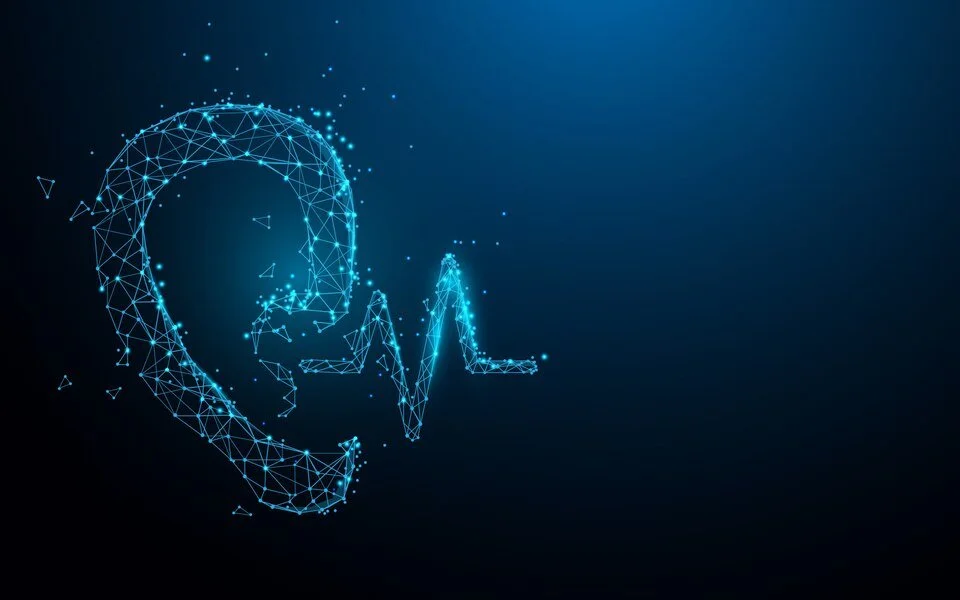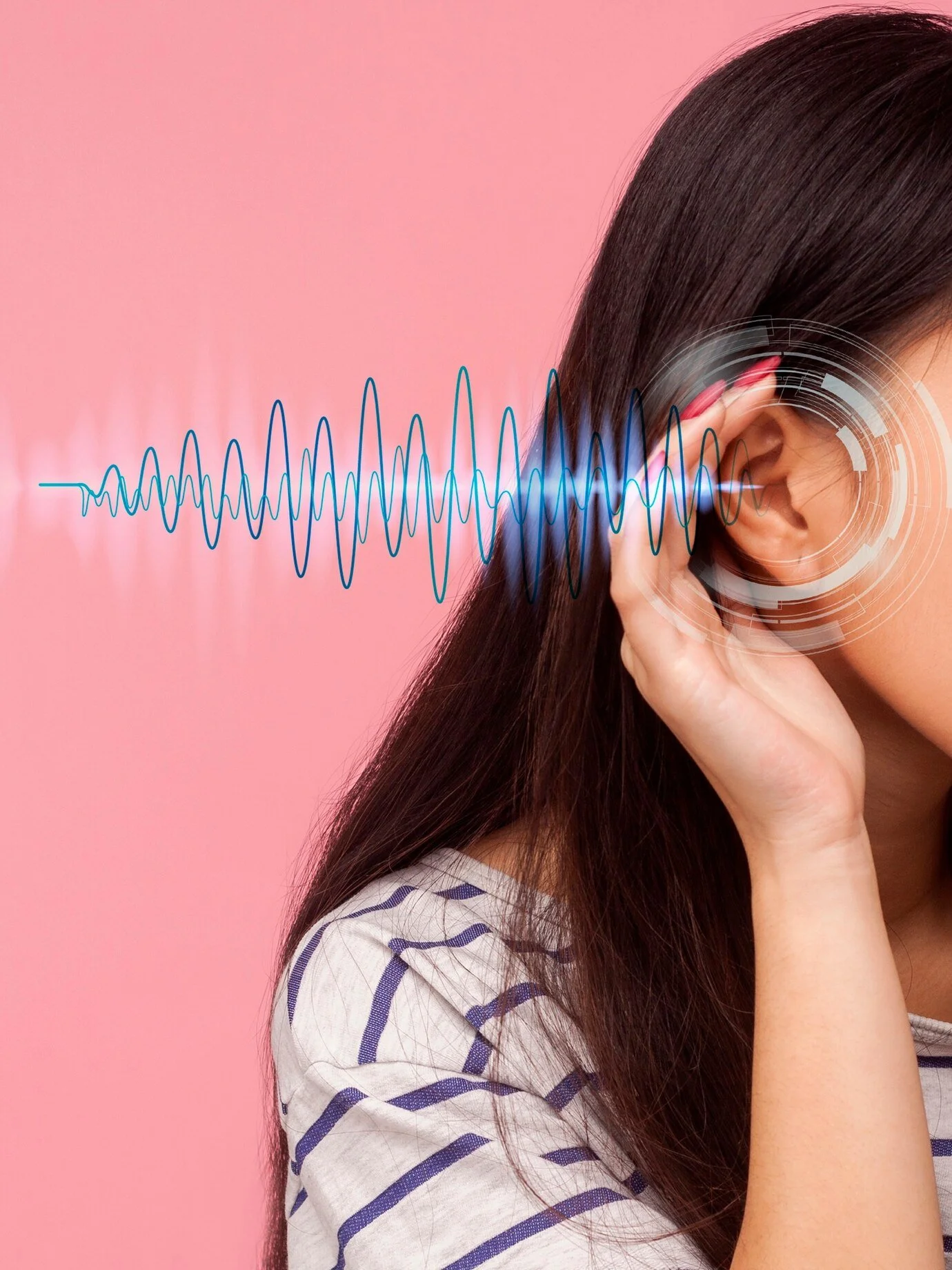
Loud vs. Safe: Let’s Hear Each Other Out
The Battle Between Loud and Safe: Can We Hear Each Other Out?
When it comes to loudness, people usually fall into two camps:
“Yes! Everything is way too loud these days!”
(Eye roll) “You’re overreacting.”
For years, this conversation has felt like a tug-of-war. Loud vs. Safe. Cool vs. Careful. Freedom vs. Limits. But maybe we’ve been asking the wrong questions.
Let’s reimagine the categories:
Now vs. Later
Ignorant (Blissfully Unaware) vs. Informed (Aware)
Free vs. Protected
Hearing vs. Eventually Hearing-Impaired
The truth? People often switch sides. Musicians develop tinnitus. (and then they care!) Young fans become protective parents. Sound engineers who used to chase volume now monitor sound levels to keep it down.
Walking in Each Other’s Shoes: Ask: What Does the “Loud” Group Believe?
(We prefer terms like “Immersive,” “Unfiltered,” or “Full Experience” listeners.)
They often say:
“You’re killing the vibe.”
“This is how the artist intended it.”
“People can leave if they don’t like it.”
“Loudness = power, emotion, presence.”
They value freedom, energy, and passion — and fear limits could dull creativity or censor art.
What Does the “Moderation” Group Want?
(Think: “Mindful Listeners,” “Protectors,” or **“EarAware Advocates.”)
They often say:
“This actually hurts.”
“I want to still hear when I’m older.”
“Science matters.”
“Enjoying music shouldn’t risk my health.”
They’re guided by data, compassion, and personal stories, wanting events that welcome everyone — including those with sensitive hearing.
What They Say About Each Other
The Loud crowd sees the Safe crowd as buzzkills or alarmists.
The Safe crowd sees the Loud crowd as reckless or in denial.
But here’s the truth: both sides care — about music, connection, and the experience.
They just see different risks.
The Big Misunderstandings
“If it’s legal, it must be safe.” → Not true. There are no US laws protecting concert audiences from loudness.
“My hearing will bounce back.” → Hearing damage can be permanent.
“Earplugs ruin the sound.” → Music plugs preserve quality beautifully
“It’s only dangerous if it hurts.” → Damage can happen before pain begins.
Why “We Follow OSHA” Isn’t Enough
You might hear:
“We’re way under OSHA guidelines. We are Legally ALLOWED to go to 130 dB for almost 2 minutes — ”
But here’s the issue:
OSHA standards are meant for industrial noise, not recreation.
It protects employees / workers not the patrons.
OSHA recommends earplugs when noise exceeds 85 dB and mandates hearing protection when exceeding 90 dB — are you providing earplugs?
It doesn’t account for patron’s noise exposure before or after your event.
Under OSHA, 25% of people (at 90 dBA over a career) will eventually suffer hearing loss.
NIOSH standards are a bit safer— and better for protecting the public. (Still there is a 8% chance that people [over a career at 85 dBA] will eventually suffer hearing loss.)
Or go even safer with EarAware guidelines, designed for those particular about protecting their hearing. Staying under 78.5 dB (round up to 80 dB) over 8 hrs has a <1% risk.
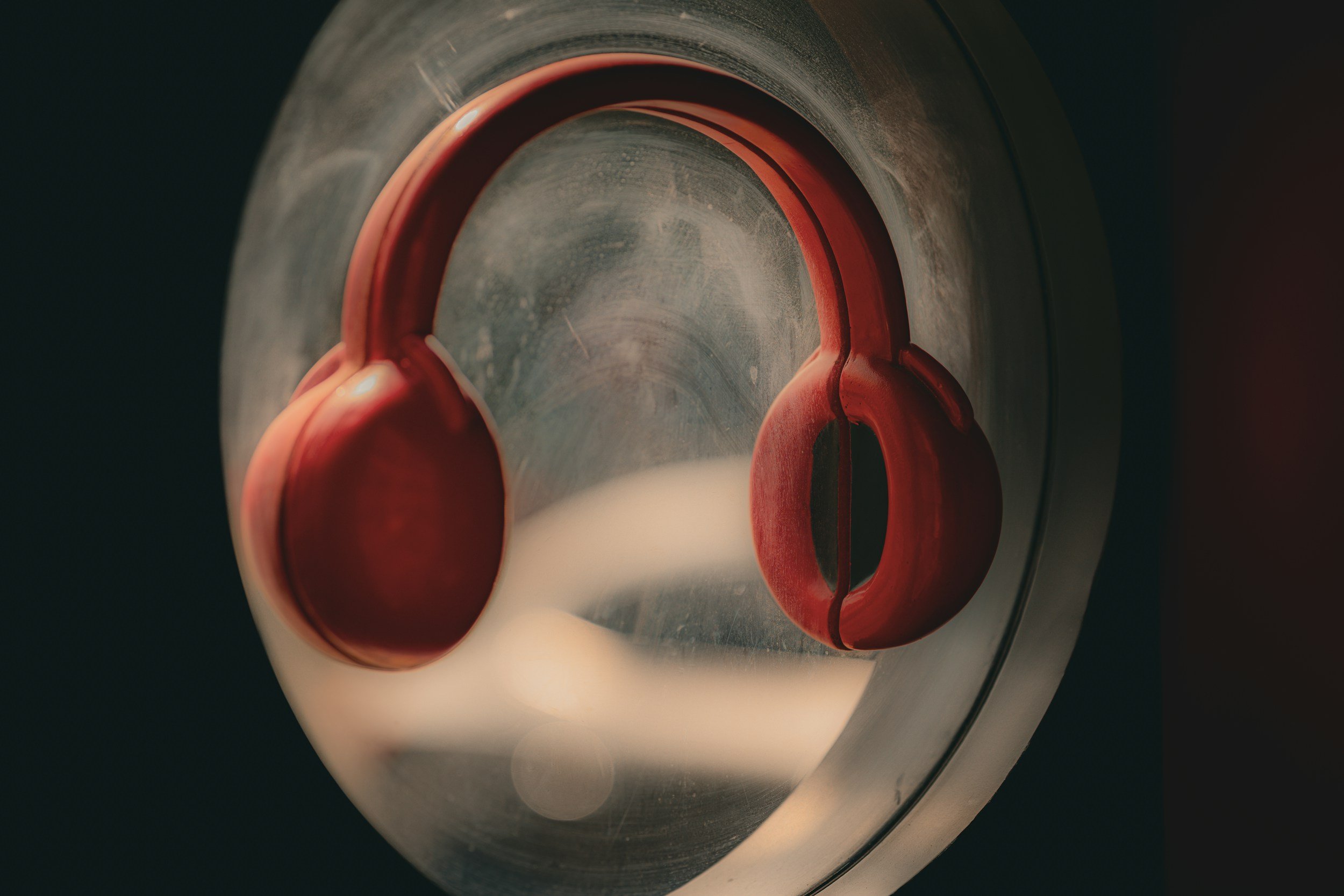
How Do We Meet in the Middle?
Let’s start with understanding and respect.
Just like driving — slower drivers seem clueless, faster ones reckless — perspective matters.
Start with what you share: a love for music. Then work together on solutions.
Here’s How:
Set safe sound limits using science, not just tradition
Use smarter tech to balance loudness and clarity
Normalize hearing protection — like seatbelts for your ears
Offer earplugs at venues, no hassle
Design quiet zones at festivals and events
Be transparent — tell guests how loud it will be
Listen — literally. To the sound levels and to each other
The Bottom Line
If you’re part of the sensitive group—those who’ve already had ringing ears, difficulty focusing, or early signs of damage—take control. Use earplugs. Step back. Get tested. Protect your hearing for the long game.
If you're part of the expressive group, understand that your freedom shouldn’t cost someone else’s health. We’re not asking for silence—just awareness. Volume doesn’t need to come at the expense of connection.
Artistic license doesn’t override public health.
Let’s build experiences where everyone is welcome—today and tomorrow.


